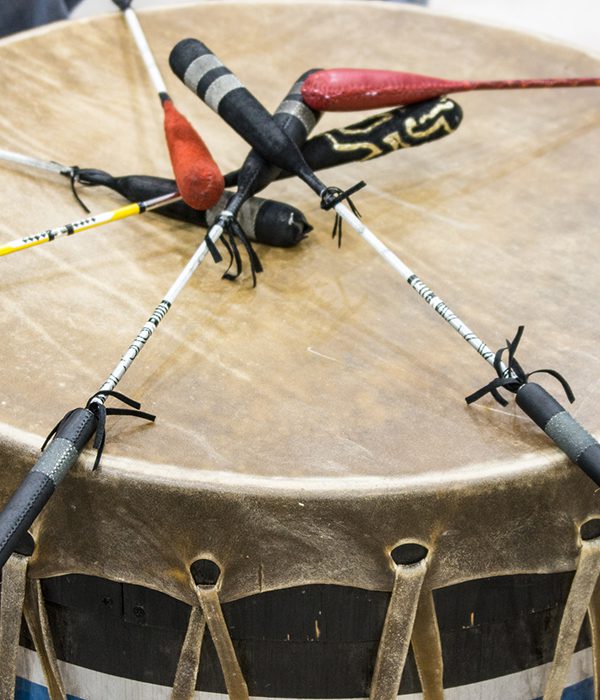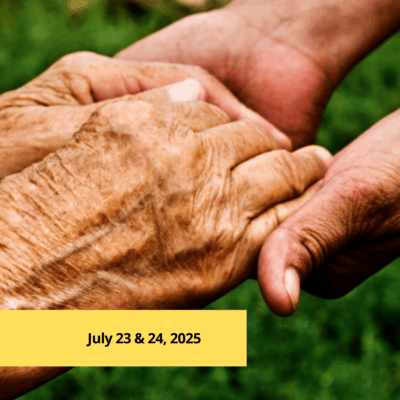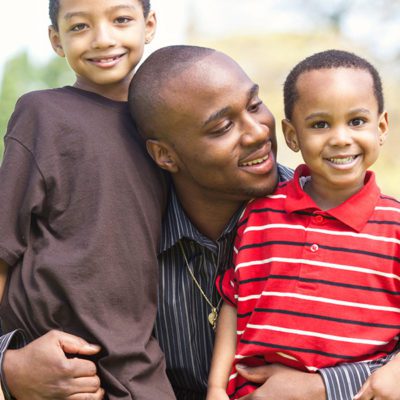Description
Clinicians, practitioners and service providers working with children, youth and families who work from strengths-based, anti-oppressive and evidence-based models, might feel that these approaches would be beneficial for helping and healing Indigenous individuals, families and communities. But these are Western models based on worldviews that may not be shared by Indigenous Peoples. Helpers must consistently ask themselves if their practices are appropriate for the local Indigenous communities they work with. To begin with, they must be willing to look at the world through an Indigenous lens and consider the values, ethics and spirituality, as well as the impact of colonization and its resulting racist, structural barriers.
This workshop will explore how helpers with differing worldviews can work together. Some questions to be considered are:
- In what ways can the helping professions begin to implement the Truth and Reconciliation Commission’s calls to action
- What is a holistic, community-based approach to working with Indigenous Peoples and communities?
- How do we implement cultural safety within the helping professions for Indigenous individuals, families and communities?
- How can Indigenous and Western approaches to healing work together?
Learning Outcomes
- Understand that the impacts of colonization are at the root of Indigenous Peoples’ trauma.
- Describe the helping and healing practices that have been proven to assist Indigenous Peoples to work through trauma.
- Identify culturally safe practices and contrast with theories of cultural competency, cultural awareness and sensitivity.
- Examine ways that Indigenous and Western approaches can be combined together.
- Consider how Indigenous knowledges can inform the healing processes of non-Indigenous people.
Who Should Attend
This course is suitable for clinicians, practitioners and service providers working with Indigenous children, youth, and families.
Course Dates & Format
There are no scheduled dates for this course at this time, however in-service is available.
This is a 6-hour training. This course consists of two 3-hour interactive virtual sessions using Zoom.
Instructor: Cyndy Baskin, Ph.D.
Cyndy Baskin is of Mi’kmaq and Celtic descent. Her clan is the fish and her spirit name translates to “The Woman Who Passes on the Teachings”. Cyndy started as a Social Worker and is now an Emeritus Associate Professor in the School of Social Work at Toronto Metropolitan University. Her teaching, research and writing interests involve how Indigenous worldviews can inform education, spirituality, anti-violence, mental health and decolonizing research methodologies. She conducts training in diverse areas for both Indigenous and non-Indigenous service providers and educational institutions.
Training Fee
Group Registration: Save 20% off individual fees with a group registration of 4 or more participants. Download the group registration form HERE.
Continuing Education Information
Licensing boards and professional organizations will grant Continuing Education credits for attendance at their discretion when participants submit the course outline and certificate.
In-Service
This is available as an in-person or virtual in-service training and customized to suit your needs.



